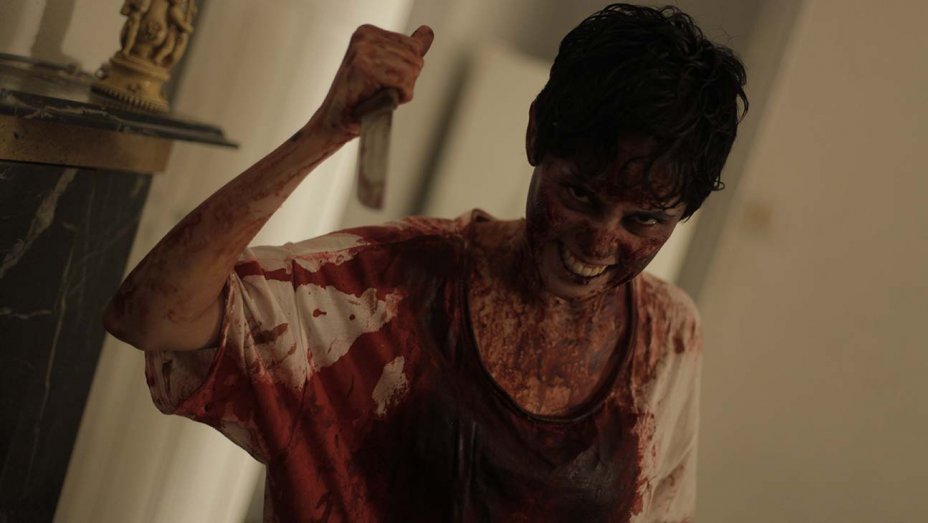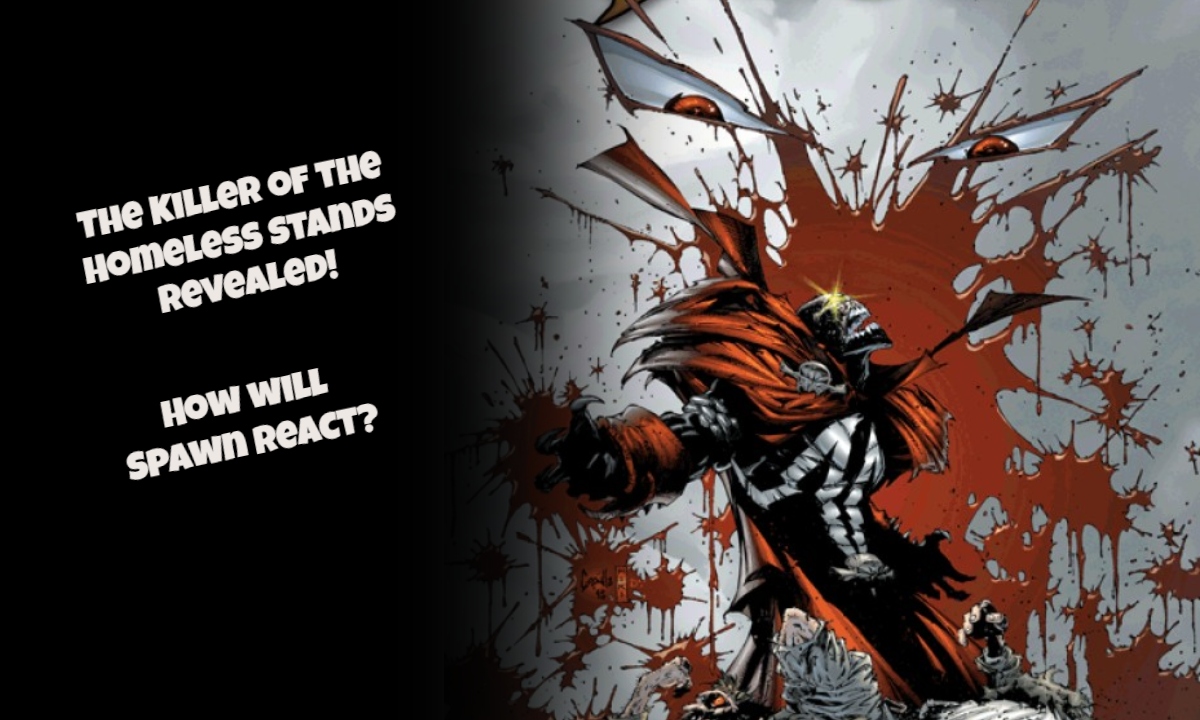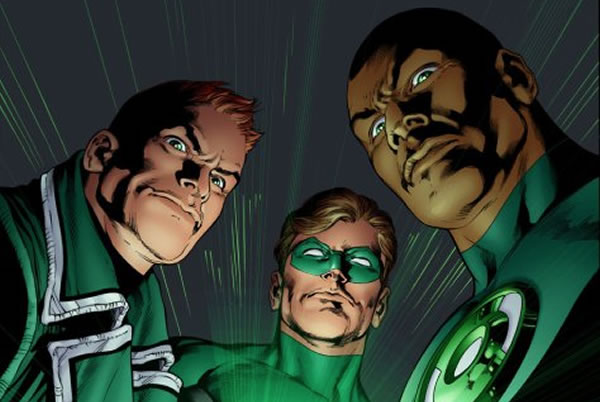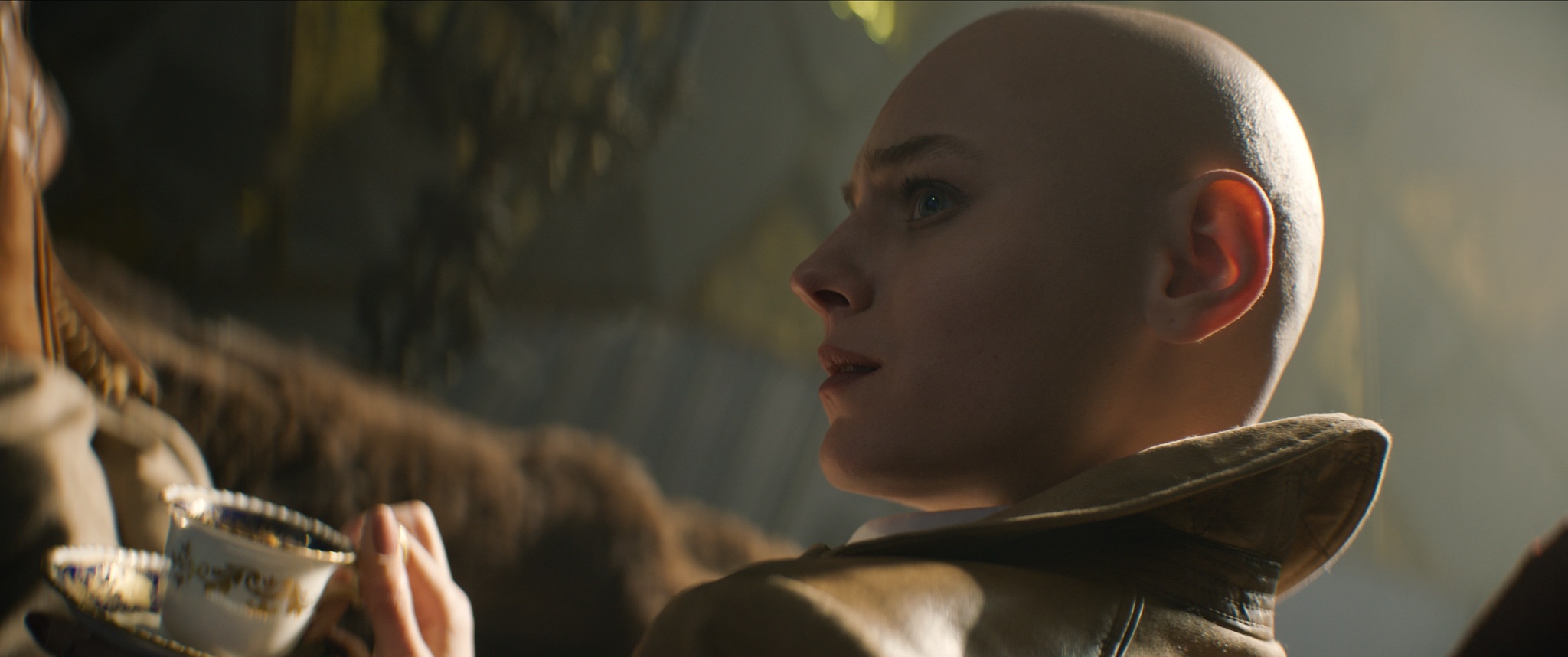Found footage films are alive and well.
In The 16th Episode, it follows three YouTubers as they seek out more views for their adventure channel. They travelled to the beautiful city of Casablanca, which hides a horrifying and terrifying secret.
The film stars Einar Kuusk (Chasing Ponies), Cody Heuer (The Shoe) and Rebecca Ramon (The Violet Blaze Chronicles). It is written and directed by Jérôme Cohen-Oliver.
LRM Online interviewed director Jérôme Cohen-Oliver on making a found footage film with mixing in with regular footage. He also talked about Casablanca and the cast.
The 16th Episode is available On Demand and as digital download today.
Read our full interview below.
LRM: I’ve checked out your film, The 16th Episode. Tell me where the original idea came from for The 16th Episode.
Jérôme Cohen-Oliver: It’s a horror movie and there was no idea behind it. I wanted to do something very visceral. I wanted to do something almost improvised writing as opposed to all the writings that I had been doing, which was more attentive, academic and more formatted. I had trouble writing my screenplay at some point I just got frustrated. I said that I’m just gonna write something just out of my mind and without even taking structure or anything. My original idea just got destroyed. I wrote something really quickly and to be shot on a small camera. I wrote the first draft and sent it to our agent. He actually thought he was marketable and Oren [Peli] then optioned the screenplay. It was exciting. It was exciting times. Then it found itself in production hell for a couple of years. I decided to not to renew the option. I got the screenplay back. We’ve decided to do our own shooting. That’s the genesis way.
LRM: Tell me about the background of this story. You wanted to utilize the social media and ghost hunters all into all into this show. What was this something that you’re going through at the time watching to spark this screenplay?
Jérôme Cohen-Oliver: To be honest, there wasn’t too much with the social media. It was just three [people] visiting Morocco to see on what’s out there as part of their program. I didn’t really embrace the social media idea till later. As I was rewriting, I realized that social media was a good idea, because that would make it even a more getting to what’s happening today. It became more credible. My producing partner, Yasmina [Hadimi], mentioned something about YouTube. YouTube was her idea. It’s been pretty organically. During the rewriting, it’s rolled it all together and hopefully make sense.
LRM: Tell me about the visual style that you adapted for this film. You went with standard shooting, but you also went with a found footage style of shooting at the same time. Could you talk about going back and forth with that?
Jérôme Cohen-Oliver: Initially, when Oren Peli optioned this film, it was entirely found footage. When I got the script back, I did some more writing. I included the storyline, which was with Mrs. Frangier. With that storyline, I realized that I could not shoot it with found footage, because it was shifting the point of view. It would be quite impossible to shoot it as found footage. It would’ve not been organic.
We slowly looked at a version to shoot this like a regular movie. With the found footage aspect, which was fun, but ever risky. According to some players in the industry, that you should never listen by the way, the idea that found footage was dying. I liked the idea that some people thought found footage was dying and I wanted to play with that. I felt to mix the two and take the risk. See what happens.
Mixing the two, by the way, was a big risk that I was aware of. The risk was that it may didn’t work. It didn’t blend together with the regular footage and found footage. Thankfully, I think it did work. I’m assuming it worked.
LRM: It was very noticeable. Was it more difficult for your cinematographer to pull this off?
Jérôme Cohen-Oliver: It was a challenge. To alternate between regular footage and found footage, it took a long time for us to find the right transition to shift from found footage to the regular footage? Like you said, it’s noticeable. And I wanted, I wanted it to be unnoticeable.
At some point in the editing process, I finally understood on what I wanted. And why I wanted it. I wanted the audience to almost feel the regular storage was part of their footage. At some point, the audience should completely forget on what format they in and just go with the story. I think we’re pretty successful at that. I didn’t really hear any comments people saying it feels disconnected. I would say I was pretty happy with the results.
LRM: I think it flowed seamlessly. I think it was all good. Tell me about Casablanca as a setting. Casablanca, I knew, in the movies, is a beautiful place. How did you make that city into a horrific type of setting and why?
Jérôme Cohen-Oliver: It’s simply on where I grew up. It’s like growing up in any big city in the United States. There’s great things about it. There’s also a dark side of the city. Having to grow up here, I thought it would be more interesting to show the darker side here. When you go to Casablanca or any big city, they are so big that you have a separation between the people living in poor conditions and the people who are not. You can see that definite separation there. There is this social equity there about society and the rupture between the privilege and the non-privilege. To me, it’s almost like a metaphor to represent the people who are the non-privilege.
I wanted to play with that idea. It was like having the beautiful villas in comparison to the slums., You had to wonder how do the rich people in the villas look at the people living in the slums. What goes through their minds? And vice versa.
LRM: Talk about your cast. You have a small cast, but I’m very strong chemistry between the three main actors.
Jérôme Cohen-Oliver: To be honest, it was the hardest part. The most two difficult things in developing a film is with writing and casting. It was definitely with casting. It’s a blessing in disguise, because you’re trying to cast nonunion, with little money for the actors, you better make sure that they’re very good. You need to have that spark.
Right from the start, Yasmina, my producing partner, and I, knew on what we were up against. We knew that it was going to be hell. It’s going to take months. It ended up in months. It took like seven months going to literally thousands of resumes on every platform you can imagine on the Internet to find these people. We were very lucky that we found our three actors.
LRM: Great. Hey, thank you for speaking with me, Jerome. I really appreciate it.
Jérôme Cohen-Oliver: Thank you so much. I appreciate it. Thank you so much.
Source: LRM Online Exclusive

 FOR FANBOYS, BY FANBOYS
Have you checked out LRM Online’s official podcasts and videos on The Genreverse Podcast Network? Available on YouTube and all your favorite podcast apps, This multimedia empire includes The Daily CoG, Breaking Geek Radio: The Podcast, GeekScholars Movie News, Anime-Versal Review Podcast, and our Star Wars dedicated podcast The Cantina. Check it out by listening on all your favorite podcast apps, or watching on YouTube!
Subscribe on: Apple Podcasts | Spotify | SoundCloud | Stitcher | Google Play
FOR FANBOYS, BY FANBOYS
Have you checked out LRM Online’s official podcasts and videos on The Genreverse Podcast Network? Available on YouTube and all your favorite podcast apps, This multimedia empire includes The Daily CoG, Breaking Geek Radio: The Podcast, GeekScholars Movie News, Anime-Versal Review Podcast, and our Star Wars dedicated podcast The Cantina. Check it out by listening on all your favorite podcast apps, or watching on YouTube!
Subscribe on: Apple Podcasts | Spotify | SoundCloud | Stitcher | Google Play




